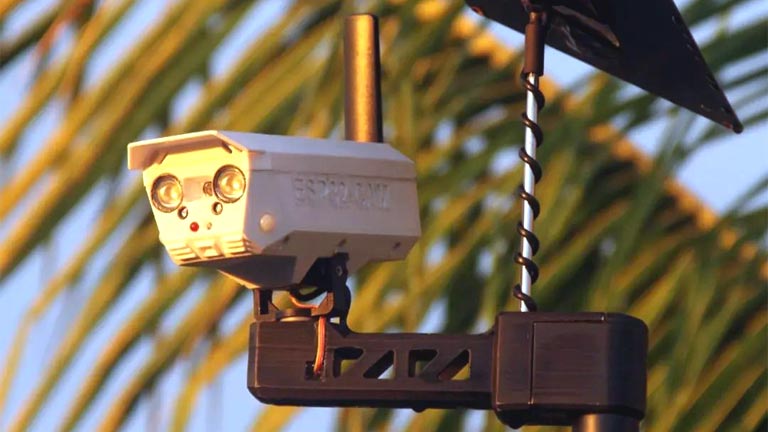
Technology has undoubtedly revolutionized the world, but there are some downsides too. The dark side of technology has led to influencing fraudulent activities like data breaches and identity theft. In such cases, protecting your data should be your highest priority.
There are different ways to solve these problems. Using top faraday bags or access control techniques can help you safeguard and protect your data from hacking or tracking. This article serves as a guide to help protect your personal information offline.
1. Avoid Doing Transactions Using Public Wi-Fi
Many public places like cafes, public libraries, gyms provide access to the internet through Wi-Fi. Several people use these networks at the same time. Hackers use shared public networks to access personal information like application credentials, tax records, or security numbers. Using such networks to perform monetary transactions and logging into your bank accounts may not be safe and could be avoided.
2. Use Strong Passwords to Protect Your Devices
People have become too dependent on technology. Hence, protecting your devices with passwords should be a norm for everyone. Your smartphone has a lot of vital information, such as your bank account applications, credit card information, and medical and insurance records. All these data must be protected, and using strong passwords helps. You can use a combination of alphanumerics and special characters to set your password to make it more secure and stronger. Or, you can also use different authentication methods like PINs, fingerprint scanners, and facial recognition to protect your devices. By doing so, even if your phone is lost, the information stored inside will not be at risk.
3. Activate Two-Factor Authentication For Logging In
Two-factor authentication is one of the widely used and effective authentication processes. It provides an additional way to log in without being dependent on passwords alone. Two-factor authentication uses one-time passwords with SMS or automated calls to verify your identity. Many top organizations have made this method an integral part of their authentication process.
4. Using Top Faraday Bags for Extensive Security
No matter how many safety practices you follow, there are always new threats that can make your personal information vulnerable. Hackers use high-tech gadgets and methods to steal and access your personal information and use that to harm you. There are many cases where unauthorized transactions happen even when the phones or cards are not lost.
As modern credit and debit cards have microchips and magnetic strips, scammers use various wireless devices to access your cards and devices. They put these devices in proximity of people in crowded places and gain access to their personal information. You can avoid such situations using the top faraday bags that block Wi-fi signals and protect your devices.
5. Never Share Your Personal Information With Anyone
It is so basic that you should never share your personal information with anyone. It’s also advised not to share your data with your friends or family, which can be risky. It might turn out to be a stressful experience. However, you must take necessary precautions to protect your personal information and any kind of sensitive data.
These are some of the tips to protect your personal information offline. Along with these tips, also remember to protect your data online by following digital safety guidelines.




